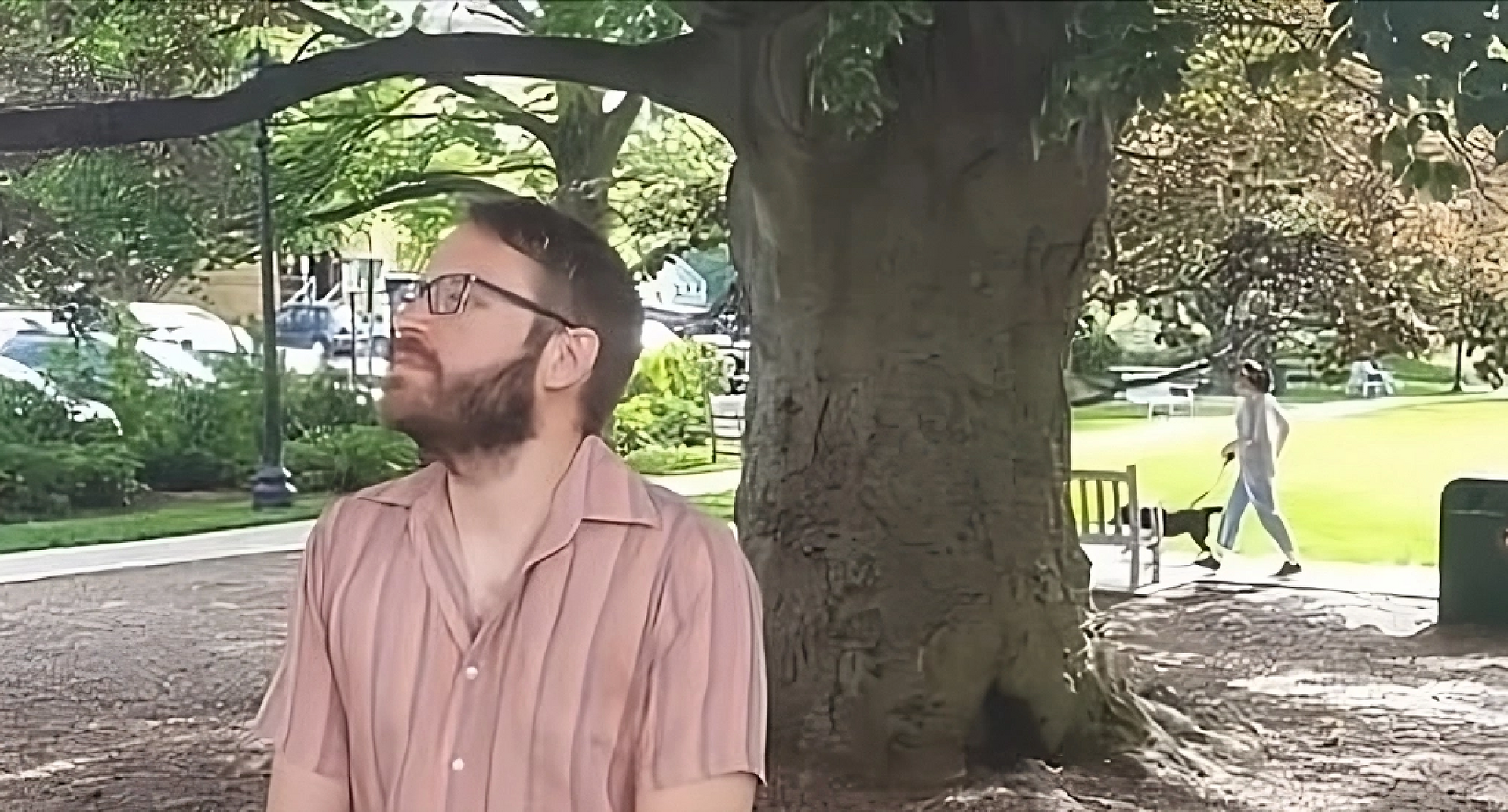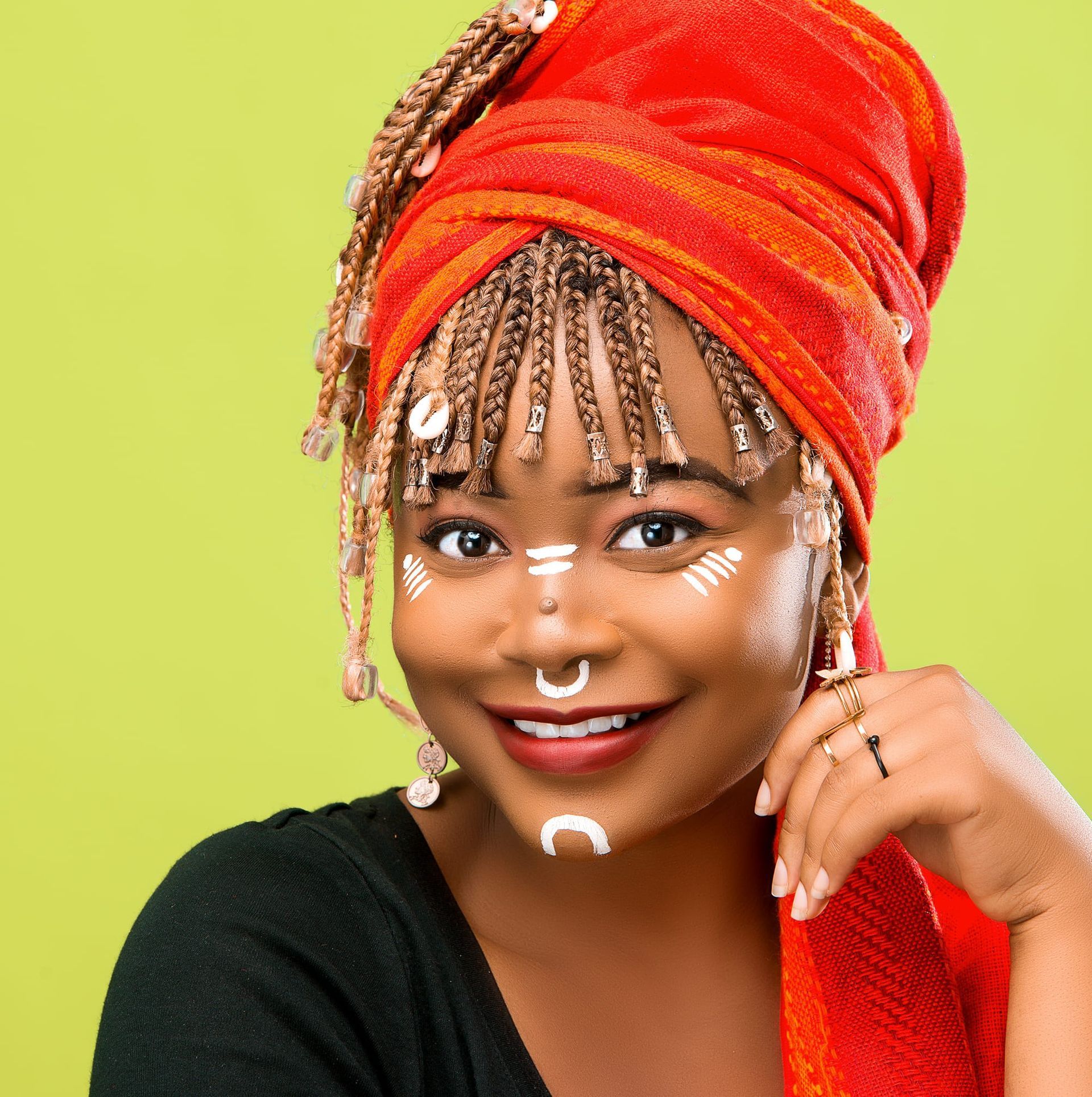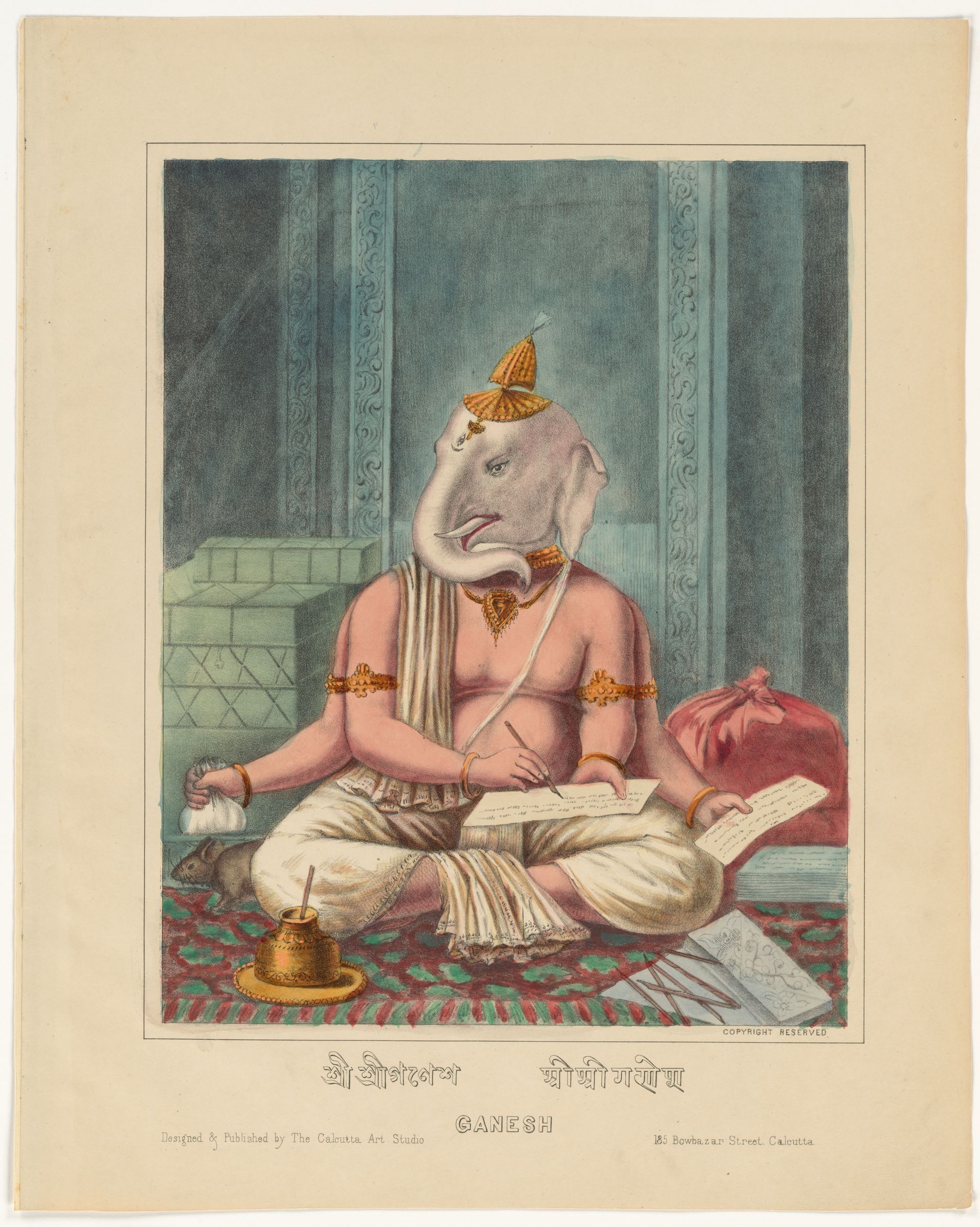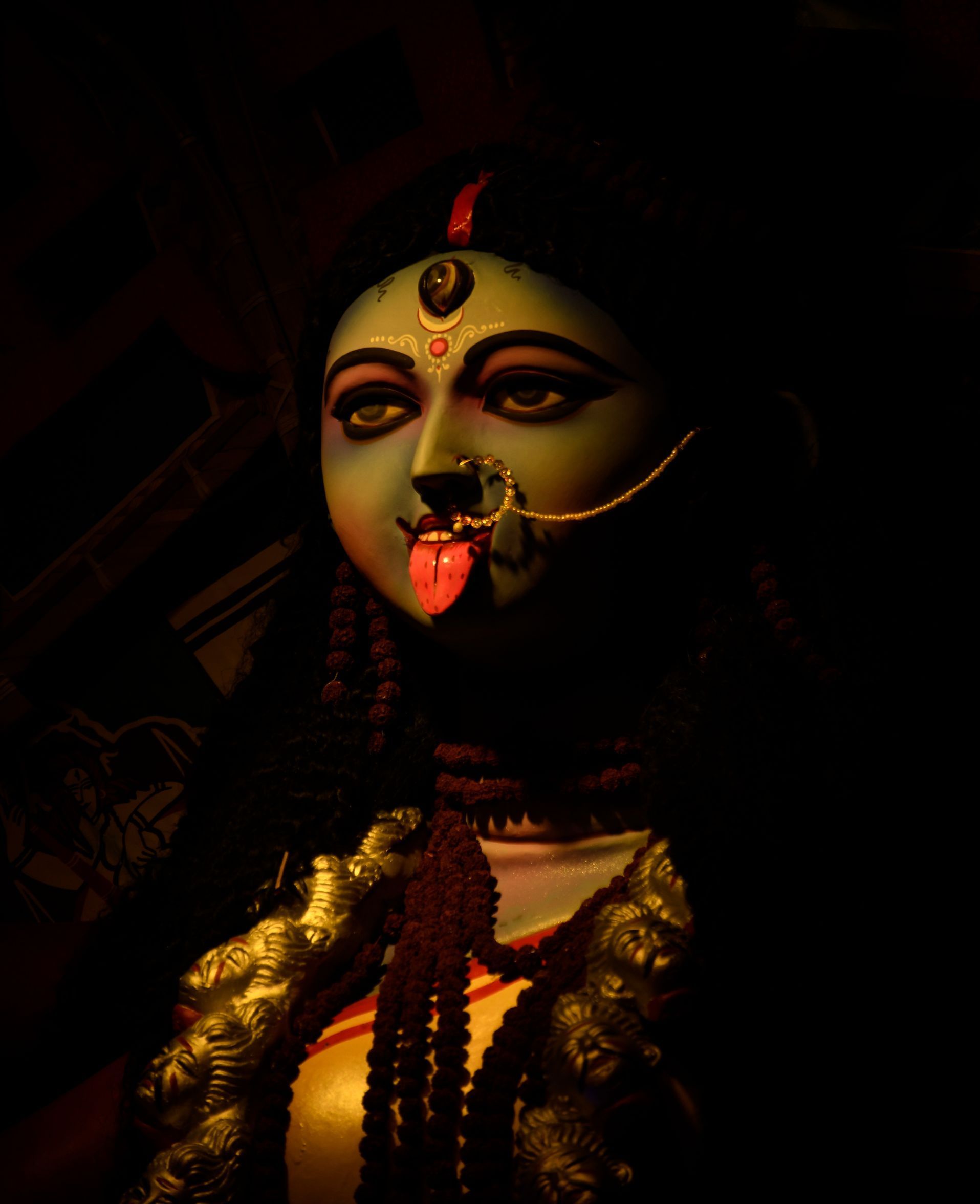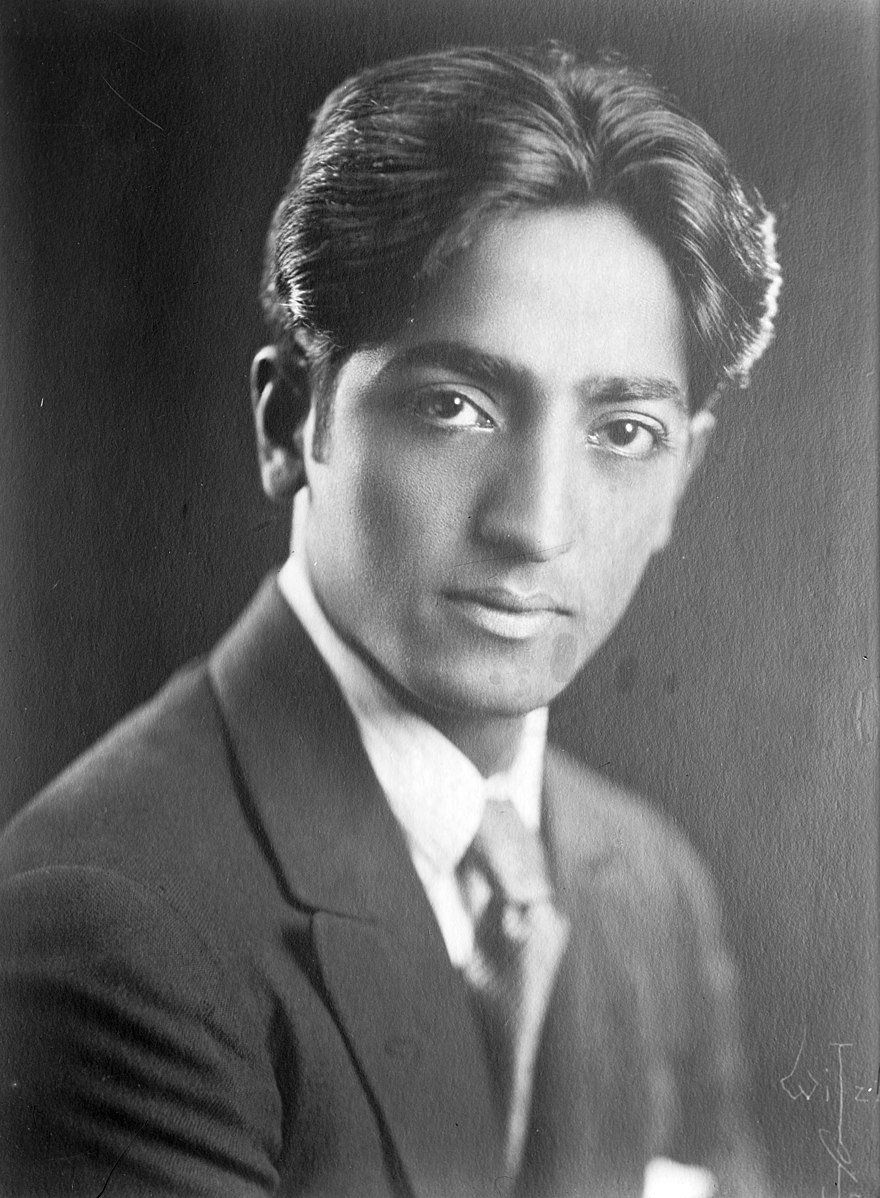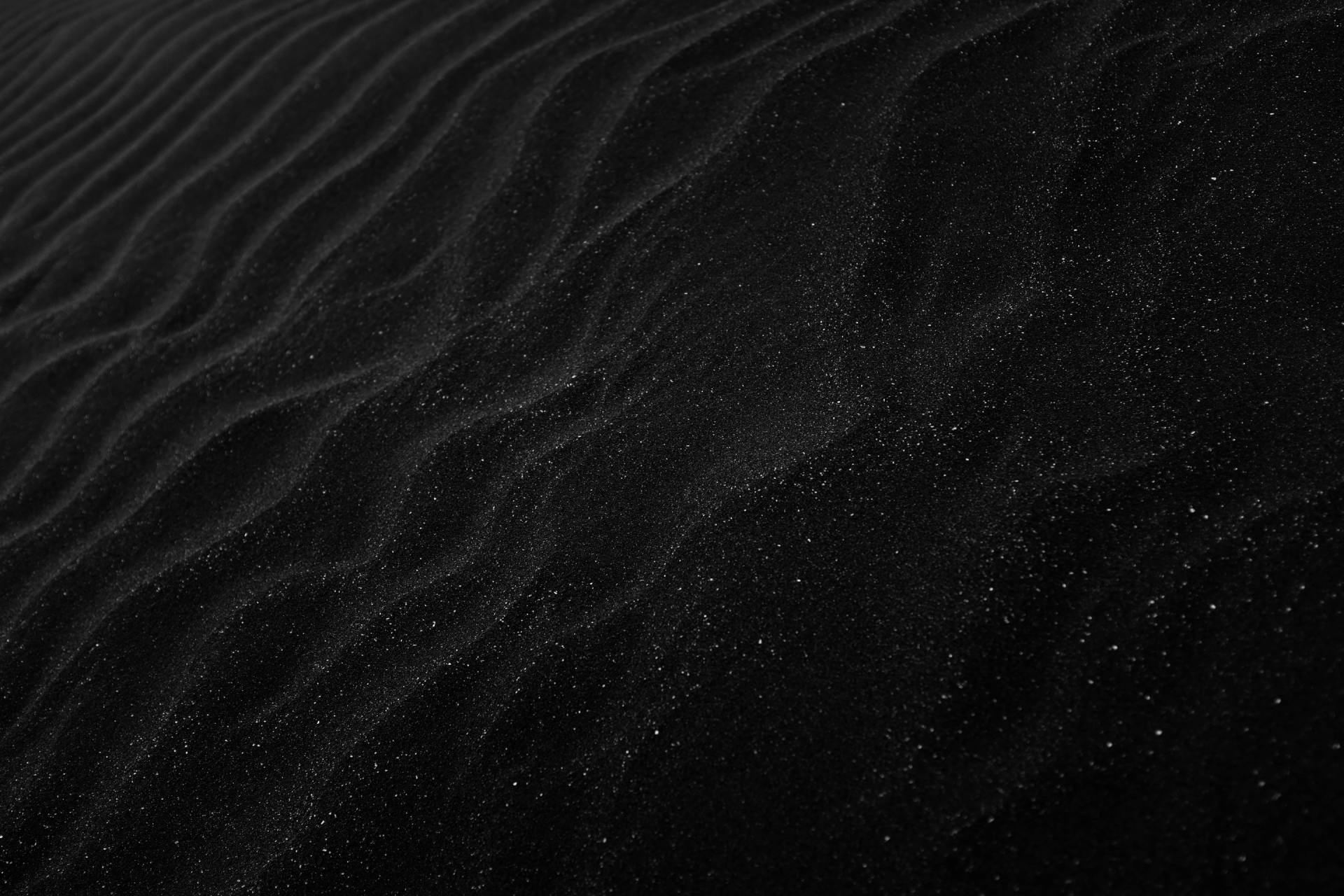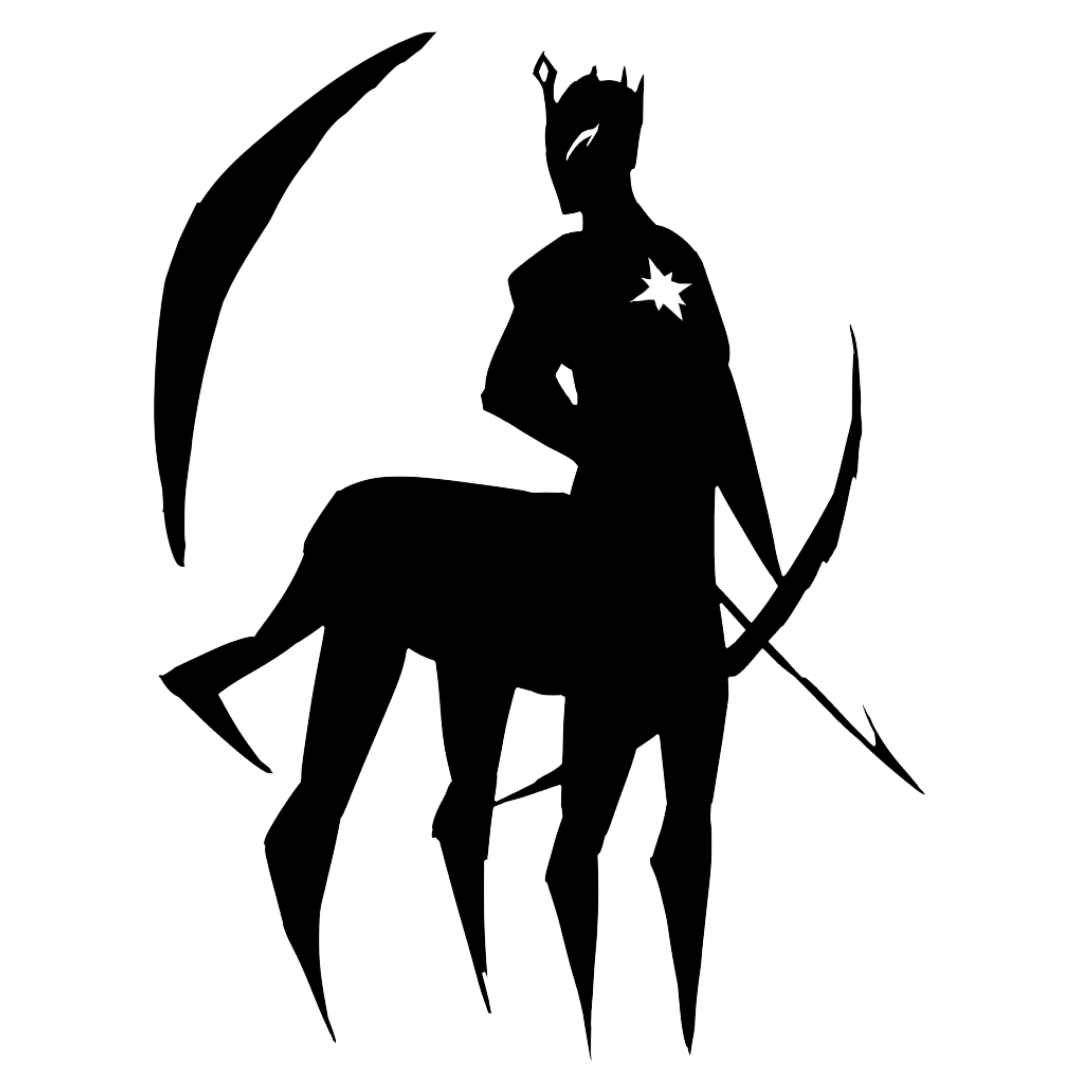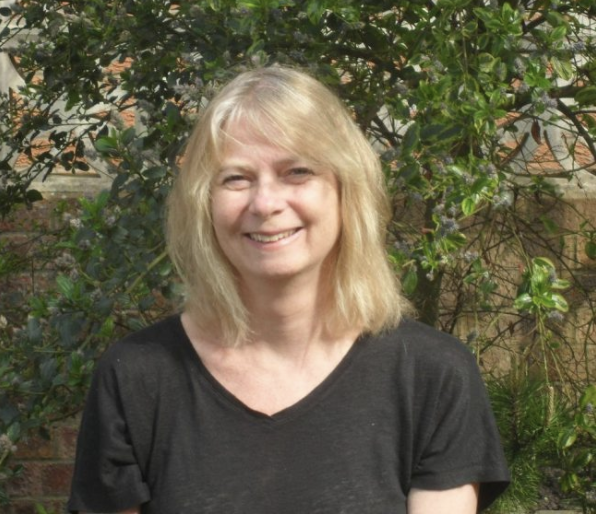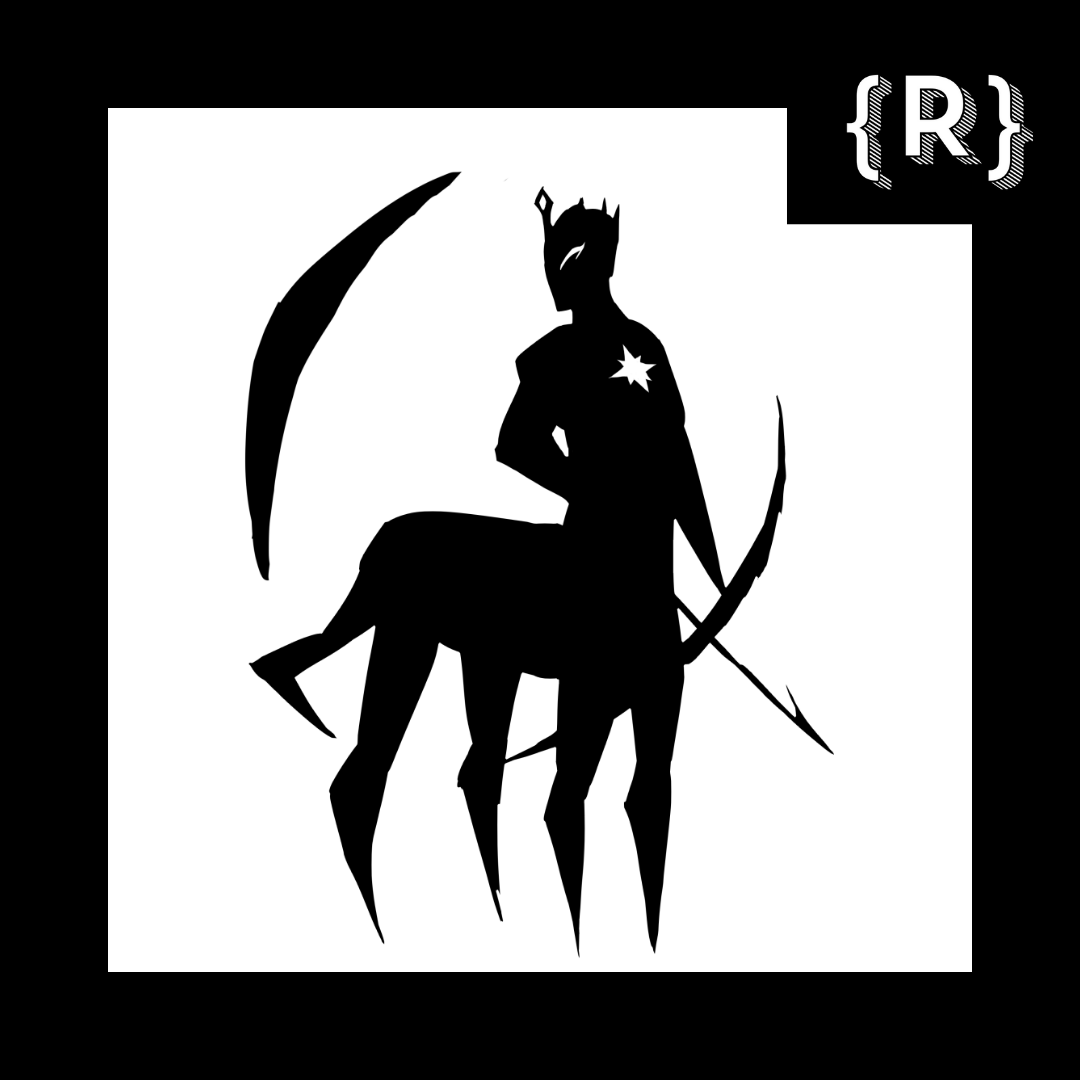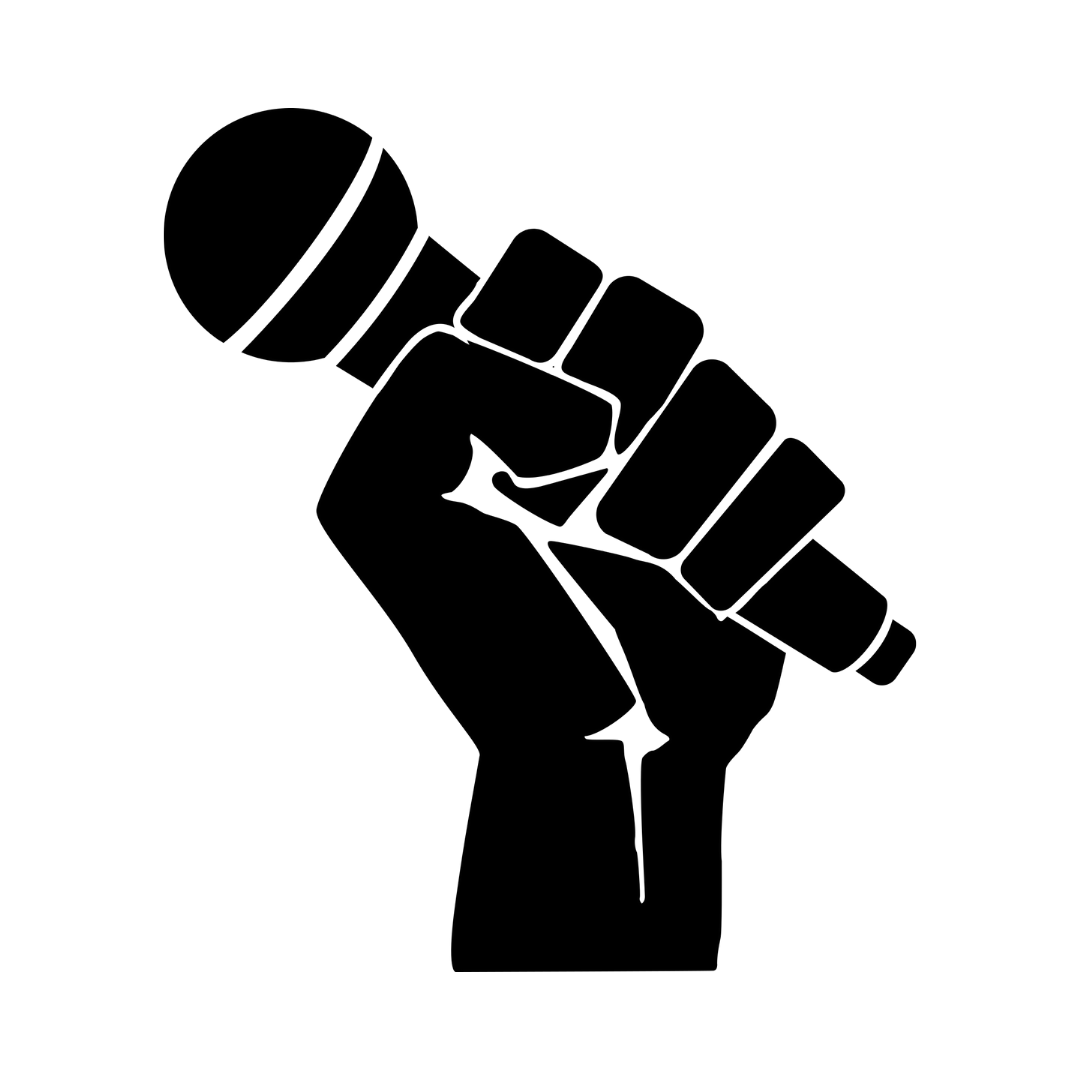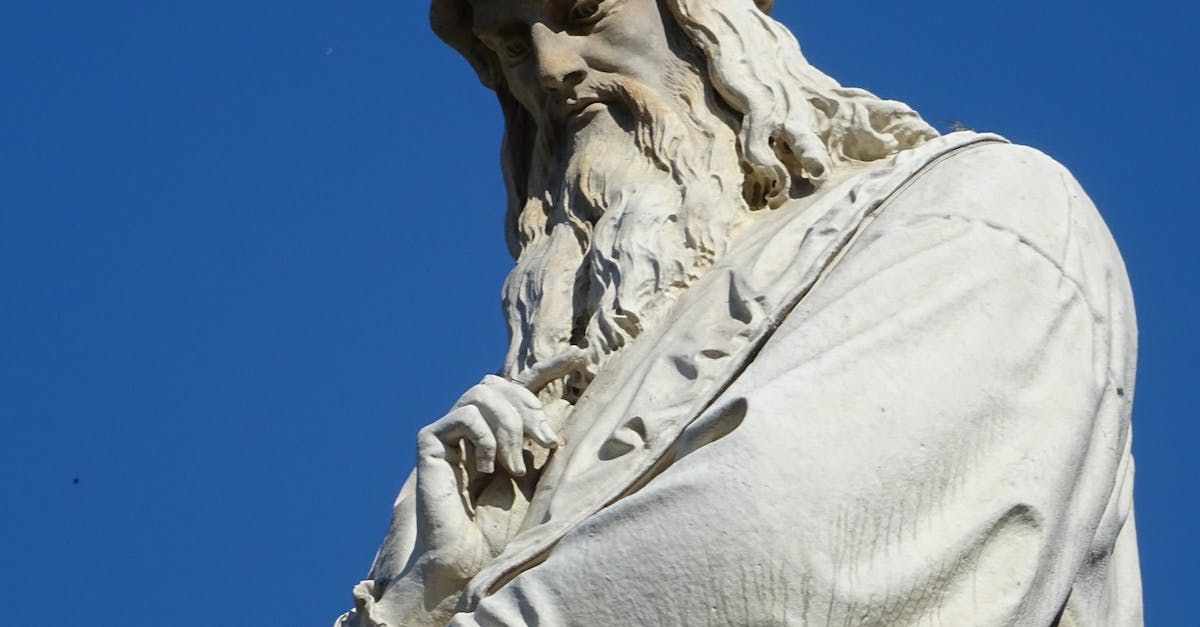LOGOS | Sue Burge: "I See Poets As Alchemists"
LOGOS
Norfolk Poet & Mentor Sue Burge
SUE BURGE is a poet, freelance creative writing tutor, mentor and editor based in North Norfolk, UK. Her poems appear in a range of publications including The North, Mslexia, Magma, Under the Radar, Strix, Tears in the Fence, The Interpreter’s House, The Ekphrastic Review, Lighthouse, Poetry News, and Revue {R}évolution. Her poems feature in themed anthologies on science fiction, modern Gothic, illness, Britishness, endangered birds, WWI and the current pandemic. Sue’s four poetry collections are: In the Kingdom of Shadows (Live Canon 2018), Lumière (Hedgehog Poetry Press 2018), The Saltwater Diaries (Hedgehog Poetry Press 2020) and Confetti Dancers (Live Canon 2021). She is currently working on her new collection which explores the world of the alter ego she left behind in Paris three decades ago.
In this heart-felt talk with the Poet, we discuss how it all started with James Bond, establishing visibility as a teacher of Poetry, Poetry salons and open-mics, going beyond the male female dichotomy in poetry, Eurydice, Persephone & agency, what makes great poetry, finishing a poem, and stalking Paris.
THAT'S A LONG READ. NOT A READER? THIS INTERVIEW IS A ALSO A PODCAST EPISODE!
TO STREAM ON SPOTIFY, APPLE OR AUDIBLE, LISTEN ON
THEPOLYMATH.ORG
It all started with James Bond
SUE BURGE: It wasn’t that wonderful (laughs)
Yes. I don't know. It's strange looking back. But I always loved reading and writing. I was quite a lonely child. My brother was born nine years after me. So my friends were books, really. I did have real friends as well, but...
Yes, a lot of children are like that. I used to write poems, and the local newspaper had one of those little poetry corners. So I sent my really dreadful poem about James Bond–I think probably my mom sent it–and they published it. And then I wrote one about horses. I was crazy about horses.
It was so pretentious, Murielle, I cannot begin to tell you again how pretentious the poem was. That also got published. I don't know how many people actually read these poems or what kind of audience they had.
The Poetry Society, which is this fantastic institution in the UK, had poetry reading, not really competitions because you didn't win, you just passed or failed, but poetry reading exams, I suppose. My best friend's mom used to take her along to these every year and one of my teachers would train us in how to speak our poetry. So, I chose William Blake because it was really short and easy to remember. Oh my god, how did I have the confidence at 9 or 10 years old?
I read the stallion poem and passed the poetry speaking exam, but I always think I was shy but clearly wasn't. I had some kind of misplaced confidence.
I always wanted to be a writer or a journalist or something with words, I guess, from a very early age. I just wanted to write and all the many books that I was reading were about children writing, or they would inspire me to write what I thought was a novel. But you know, it was 30 pages long and I thought it was a novel and that I was going to be a novelist.
Not really encouraged. They just left me alone to get on with it. I would say they didn't discourage me. My mom liked reading. My dad didn't really read very much. But I think it was because my best friend was from such an educated, well-read family, and that I spent so much time there that somehow they influenced me to.
The Teacher
That is an interesting question. I feel very, very lucky and very privileged that I'm teaching something I love. I've always taught English, and love of the English language and literature. But now I'm able to specialize in creative writing. I love the creative process of creating worksheets and workshop sessions for other people. I can never do my own tasks, but I love creating them.
I love finding poems that I think will be inspiring. So I think that really nourishes me in ways that maybe I don't really realize, because I always say, oh, you know, I made up all these prompts, and I can't do them myself, because I can't do prompts. But somehow they live inside me. So I spend quite a lot of time teaching. I don't write that much.
What I do is I think a lot and I swim and I read, and then poems come out. I've got a lot of friends who write every day. They free write and have a real discipline whereas I'm more kind of…I don't believe the Muse descends. I don't believe that at all. But somehow, I've got a really strong internal process that I trust. So when I do put pen to paper, it's very nearly finished.
I never worry about what I am going to write. I'm not writing anything at the moment because it just all happens. I've been very lucky to have two publishers, one for my chapbooks and one for my full collections.
I feel very lucky that it's all come together and I've got wonderful poetry communities I belong to in Norfolk, but also during the pandemic via zoom, I found such support.
Something I've always done is I always go to workshops myself. That's where I get a lot of my stimulation from being in a class with other people with really good poets giving prominence and I've been able to do more of that via zoom with poets from all over the world and it's been amazing.
They're all adults. So they're all adults who write, and who just choose to come along and develop their writing skills. Some are complete beginners, some are quite experienced. I always have mixed classes.
I spend quite a lot of time teaching. I don't write that much. What I do is I think a lot and I swim and I read, and then poems come out.
–Sue Burge
Oh, thank you. It's just sort of happened. I suppose I have worked hard to contacts and have a network of good poets who were really good friends around me. I think poets are so supportive of each other. That's something that's carried me along for so long.
The poetic novelist?
People often say, “Have you ever thought of writing a novel?” I mentor novelists but I can't imagine writing that many words myself and having that daily discipline that a novelist needs because I need space and time to do other things to inform my poetic world.
Oh, so you're writing kind of narrative poems?
Yes. I suppose. I there is a Poet I really admire who's also a friend, her name is Mona Arshi and she's a beautiful poet. Her work is fantastic. She's just written a novel, but it's so poetic. It's fragmented. It has a different voice. It feels like a different kind of novel. It's unusual. So that's interesting, because I tend to agree with you. It's very hard to be a poet and a novelist. It's difficult. Some people seem to be finding a middle way. Being a poetic novelist!
Paris, c'est une blonde
My obsession with Paris! Yes. Um, yeah. It's really interesting. I'm teaching a poetry school course at the moment in the OULIPO movement.
For me, Paris is a character. She's definitely a woman. Paris is a place I first visited when I was 15 and I became obsessed with it. I lived there when I was 18, for a little while. Then, I went back again and again and again and made friends. I kept revisiting Paris. My degree is in French, so I could communicate, which is helpful.
I did my year abroad at a university in Paris teaching in a very rough school in the suburbs and then I had a big gap, where I didn't visit Paris. But Paris kept living in me when I was teaching a course on French films. I constantly read books about Paris, and I went back a few weeks with an Arts Council grant to write my first chapbook Lumière, which was about Paris's cinematic heritage.
After that, I just couldn't stop going back. So I'd had this big hole, where I still had Paris in me, but I wasn't visiting very much. Since 2016, my obsession has escalated into as you can see, Eiffel Tower fairy lights and maps of Paris, Eiffel Tower on my door. I'm working on this new collection, The Artificial Parisienne, which is about the alter ego I left there. The minute I step off the train at the Gare du Nord, you know, I feel like I'm a Paris, even though I've got the most horrible English accent when I speak.
I suppose I stalk Paris, which is what that poem Revue {R}évolution published was about that, Paris, c’est une blonde. Reading Lauren Elkin’s book, Flâneuse: Women Walk the City, I was taken with the fact that when I go to Paris, I walk all over the place, but Lauren Elkin was talking about women, who, through the centuries were unable to walk freely in city streets. So, I was feeling grateful for this.
I was thinking about being a flâneuse and having a subject as I walked a bit like Baudelaire, who would create his poems like that. I wondered if I could be a female Baudelaire. So I adopted this flâneuse persona. When I was in Paris on my Arts Council grant, an Irish poet called Matthew Sweeney was there too. He was quite sick at the time. He subsequently died a couple of years ago.
Matthew Sweeney took a Baudelaire prose poem every day from Le Spleen de Paris and he transliterated it into his own imaginative prose poem in response to Baudelaire. So, he would only walk a few minutes from his flat and create a response. I loved that idea and I thought, well as a female, what can I do? What personas can I take on to channel this obsession with Paris? Poetic. So that's a very long answer, Murielle! (laughs)
Beyond male/female dichotomy in Poetry
What do I do with my emotions? I'm not sure. I suppose with Paris, there's a passion there. When I write about my family life, there's a sadness and nostalgia. I'm not conscious. It's really interesting. I was thinking as you were talking about the master poets being male. Stereotypically, men don't show emotion. So, perhaps male poets are somehow channeling their emotions into the poetry.
Women are not to be taken seriously because their emotions are so visible a lot of the time–the hysteric, the holder of the womb–which keeps your hysteria bubbling up inside. So I think there's that with male and female poets.
Also, I've been given a lot of space. I don't have children. I've got a really supportive husband and I think I've had a lot of freedom. I wonder whether my poetic environment is what men have been privileged to have, over the centuries. I'm lucky enough to have it.I have the space, I have the time, I have the support. So when it comes to emotions, I think I'm so focused when I write a poem that I'm not as aware of the emotions that go into the poem as I could be. It's often when I read it when I go to an open mic session, and I read it for the first time, I think, oh, gosh, actually, that's really sad, or that's really passionate. I'm not sure why I wrote that. Where did that come from? I wonder where on Earth did that poem come from? I feel a bit the same with the emotions. Where did that emotion come from? I get it from my subconscious into the poem.
I like getting my poems published and speaking them going to open mic sessions because then, the collective experiences the emotion that I have not
yet seen. It's so much part of me in the poem, but I haven't yet been able to identify it. Reading the poem [to an audience], the emotion shines back at me.
–Sue Burge
I think it's really fascinating because you've made me think about the reason why I like getting my poems published and speaking them going to open mic sessions. It's because then the collective experiences the emotion that I have not yet seen. It's so much part of me in the poem, but I haven't yet been able to identify it. Reading the poem [to an audience], the emotion shines back at me.
I think trusting a reader or an audience with your poem, and then having it shone back at you like a lighthouse [allows you to realize] what the emotion is. So you've really made me think about the intimacy of living with those emotions.
Interesting. I think the American attitude to open mics compared to the English way is very different, and the French Way, which seems to be an American expats way in a lot of instances, they're all very different.
The open mic I regularly go to, there are two really top named featured poets every time and they get half an hour to 20 minutes to half an hour to read. The open mic-ers are there as a support. So, each open mic-er has two minutes to read one poem, and there are only 16.
So, the whole evening is about an hour and a half to two hours because the open mic sessions are so tight. I really like that because it feels to me, like a shared experience and a salon. I feel that I'm at some kind of salon where there are top poets whom I really want to listen to, sharing their words, wisdom, and opening up the poems for me and telling me what their poetic intentions are. It teaches me. It inspires me.
Then the open mic-ers, we, are like the trainees. We are training, reading our poems and getting lovely responses and treating to these great poets. So for me, it's like a salon and a classroom.
But the open mic sessions that I've been to, which do last three or four hours, and where each open mic-er has quite a long session, maybe five or six minutes, I think they are really tiring because you're concentrating on other people's emotions.
Everyone is so different. The structure is very, very different. I used to be terrified by open-mics. The first one I did, I literally asked my friend afterwards if she could see my knees shaking.
Now I see them as a moment to play, educate and share. I love it. I love the community feeling. It feels like going to a really nice evening out with friends. We're all in the same boat. Yes, we all shift. So one week maybe I'm the featured poet. Another week someone I've admired for years is the featured poet. So we're all rolling and exchanging.
Lovely thing to say. Thank you.
Stereotypically, men don't show emotion. So, perhaps male poets are somehow channeling their emotions into the poetry. Also, I've been given a lot of space. I don't have children. I've got a really supportive husband and I think I've had a lot of freedom. I wonder whether my poetic environment is what men have been privileged to have, over the centuries. I'm lucky enough to have it.
–Sue Burge
A poem is never finished, just abandoned
There's a saying that a poem is never finished, just abandoned?
I think I always finish my poems too quickly. Because of this kind of process where I think, “I don’t trust this poem because it came out so easily.” Such an easy birth! Where is the pain and the horror? And then, I go to a group or stanza group or a poetry critique group and people say little things, little tweaks, and I think, okay, maybe it is ready, maybe I should trust it.
I tend now to feel that a poem is finished when someone else has seen it and made a few suggestions. I take all my poems to critique groups. I belong to three critique groups because I am never sure. I don't think poems are ever finished, even poems I've had published in my earlier collections. I can easily go back and tweak them and take out word and craft them more.
I love the process of getting a poem ready to be seen by other people, to give it the confidence to its first steps. I get a strange feeling–I think smugness is too negative or word–but there's a smug satisfaction when I lean back with my pen and think, yes, it's done...although I know it's not, because it needs editing.
But there's a feeling of satisfaction that comes over me. There's a certain point in the poetic process where that happens. I never know when it's going to be. I just think, “Ah, yes.” That sounds overly mystical.
I think I overwrite. So part of the process for me is taking out a lot of words, I tend to be a bit too flamboyant, a bit too wordy. Then when I've paired it back to the point where I don't feel it's got anywhere else to go, that's when I get that kind of smug feeling.
Yes. I agree. Because too many words just take away the power from what you want to say.
And provocation.
Vowels.
Oh absolutely. Synesthetic.
That’s wonderful. Because I see poets as alchemists. We're taking the base material of every day and we're transforming it into something totally extraordinary and what we're trying to do is bring others into our world and say, “look, look, look at this with a fresh perspective.” Look how words can make you see the world differently. Look at the alchemy of how these words describe this flower that you've seen so many times before, but now you can see it differently because of these words.
Eurydice, Persephone & Agency
I've been thinking about this because I thought Why did I immediately think of your Eurydice and Persephone. It's something about agency and lack of agency. So Eurydice dies because she's bitten by a poisonous snake and Orpheus has the chance to take her out of Hades, hell but blows it at the last minute. I love that story. Don't rely on a man to get you out of a hole (laughs). Seriously.
Why would you? Persephone…There's something about these two women and I think well, as a poet. I embrace darkness. I embrace pain in my life and the darkness in my life and I love examining it. I don't love it. I feel the need to examine it and to transform it. See Eurydice and Persephone? They're living that darkness. So perhaps it's not as dark as we feel. So Persephone becomes the queen of hell. I'd rather be the queen of hell than the Queen of Heaven because heaven could be quite boring. Hell sounds quite interesting.
So I'm interested in agency and darkness, embracing darkness, seeing what goes on underneath and the underbelly of the world. And for me, these women have the chance to do that. We don't really know what happens to Eurydice. Persephone, we know. She gets the best of both worlds. She's come up and gone back into the darkness. They just fascinate me, these women who live partly in darkness, and don't totally embrace the lines. I'm just fascinated by that idea, you know, what's their life actually like?
Perhaps they are making more choices than we recognize. Perhaps they're happier than we think. So I suppose it's that and whether there are universal truths in that.
I suppose it’s that, whether there are universal truths in that. I think myths attract us because we see ourselves in them and we see some kind of universal, a bit like Jung viewing the anima/union of archetypes.
And for me, Hades is the bad boy. We're always interested in the bad boys. So, I find it Orpheus like trying to get Eurydice back up to the sunlight and wonder why? Have you asked her what she wants? I find it fascinating to examine what women actually want. I find Eurydice and Persephone can teach me how to live with the darkness.
Oh, isn't that interesting? I'm not sure. I used to ask myself, could I recognize whether a poem had been written by a man or a woman? A basic division. Feminine poetry? I'm attracted to poetry, which is in touch with a bigger world and an emotional world, and to me, that's feminine poetry and I think men can write, especially gay men, are able to write very layered poetry.
I suppose white male poets who are quite traditional and admire form and admire traditional subjects or maybe trying to use Latin words, or Greek words, and t's more about ego than it is about communication. I'm sure I shouldn't have said there are white male poets, but…
Because I'm sure there are lots of female poets who might be more traditional and might be tighter and structured. But now I've said that I don't quite believe it.
Feminine poetry as opposed to feminist poetry, and as opposed to male poetry… I mean, yes, men are capable of writing feminine poetry. There's something about what it means to be feminine. It feels that area today is more, not confused, but more conflicted than ever with a lot of young poets coming through who are having issues with gender and their sexuality and who are maybe looking inside a lot more than perhaps even my generation.
So I'm not sure feminine poetry is such an interesting question.
It's interesting, because now I know I'm thinking, Is my poetry feminine? And also the fact that you've just said, it's more. Its mastery comes from such a male space.
Oh, I would say, it's very hard to make a living as a poet. I did have a couple of young poets who said, Yeah, can I make a living out of poetry? And you do need other other things in your life to support you materially? But I think that's good. I know someone who's a vet, for example, so she's operating on animals and that feeds into her poetry.
So I think in a way you can be a better writer, if you have a kind of day job as well where you're meeting lots of different people and having lots of different experiences. That will come to a point where you just want to write, but I think unless you've got a three book deal with a publisher, most of us are going to have to fit it around a paying job. But I would say don't give up. The most I've ever earned from a poem has been 25 pounds. That's the maximum I have ever earned from having a poem published. My books, I hardly get anything back from the books at all. I can make a little bit of money but it's not enough to live on at all. But you're not writing for that reason you're writing because you love it you're writing because it feeds you, it nourishes you, it gives you something that nothing else can give you.
So don't give up, fit it in at all costs to what you need to live materially and let it nourish you spiritually. So yeah, dealing with fame, I think very few. I know so many really good poets and sometimes when I talk to poets from a different region, they haven't heard of the poets I've heard. So fame is a very slippery thing. I think you might have your moments in the sun. But it's very, very brief. There are so many good writers out there. I think recognition and enjoyment.
Advice to a young Artist, Rilke style
I think if you're seeking fame, then you probably are jeopardizing the
richness
of your writing, unless you want to be a commercial writer.
–Sue Burge
Revue {R}évolution
